How to Preserve Food Without a Refrigerator
To ensure the longevity of food and prevent spoilage, a refrigerator is an essential appliance. However, when the refrigerator is already full or certain types of food are not suitable for refrigeration, there are alternative methods to keep food fresh and delicious for longer periods.
1. Preserving Pork with Salt
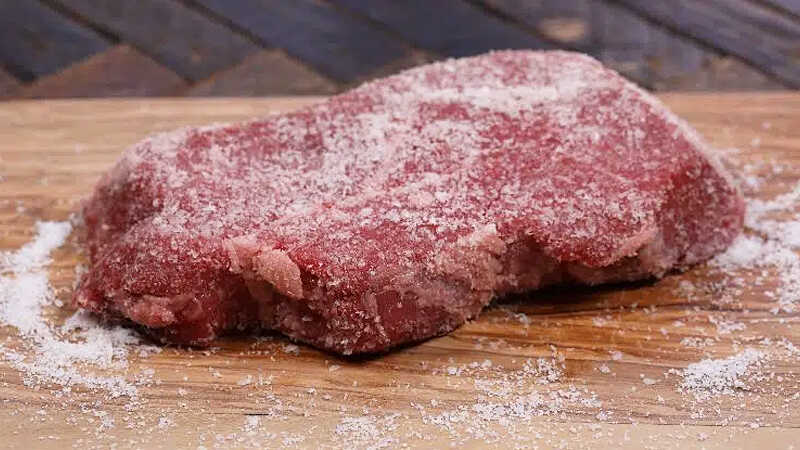
Sometimes, when a refrigerator is not available, you can preserve pork by following these simple steps: sprinkle salt on the meat and rub it evenly to cover the entire surface. Then place the meat in a cool, non-sunny location.
Using this method, you can store meat for about 1 week.
2. Slowing Down Banana Ripening
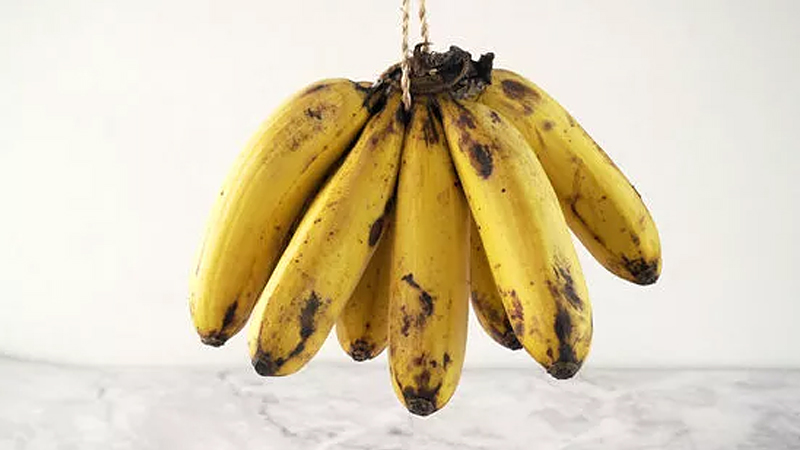
If you have purchased a bunch of bananas but cannot consume them all, you can prevent overripening by hanging the bunch in a cool, well-ventilated place, away from high temperatures and heat.
By following this method, bananas can be preserved for about 1 week.
3. Keeping Biscuits Soft with Bread
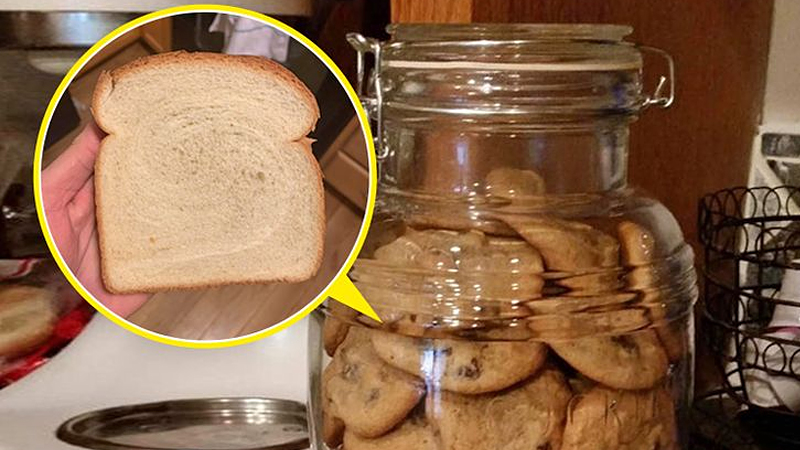
When storing biscuits, they tend to become soft over time, regardless of the airtightness of the storage container. To prevent this, simply put 1-2 slices of bread in the container along with the biscuits. The bread will absorb moisture, keeping the biscuits soft as if freshly baked.
4. Preventing Cheese Mold with Vinegar
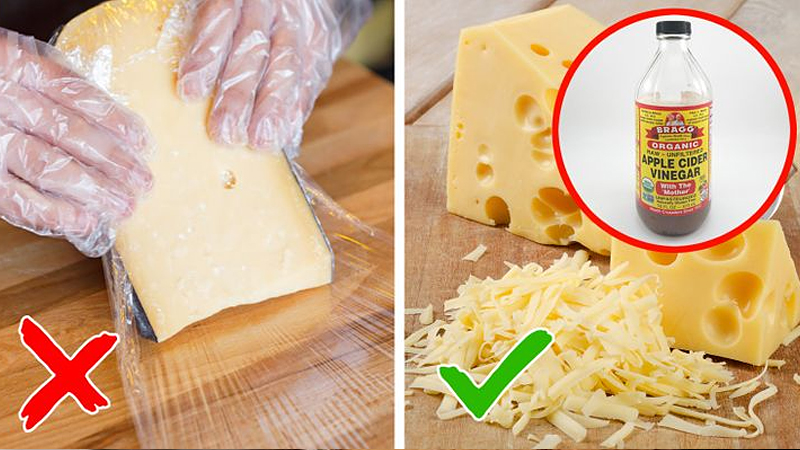
Instead of storing cheese as it is or in a container, which can create moisture and promote mold growth, it is recommended to add a few drops of vinegar to the cheese. This method effectively prevents mold growth, but be careful not to use too much vinegar as it may affect the taste of the cheese. With this method, cheese can be preserved for about 1-2 days without refrigeration.
5. Preserving Pumpkin with Oil

If stored in the refrigerator, the moisture can cause pumpkins to grow mold and spoil faster. To keep pumpkins fresh for longer periods, clean and dry them with a cloth to remove any remaining moisture. Then, apply a small amount of oil to the surface of the pumpkin and leave it at room temperature.
6. Keeping Herbs and Vegetables Fresh in Water
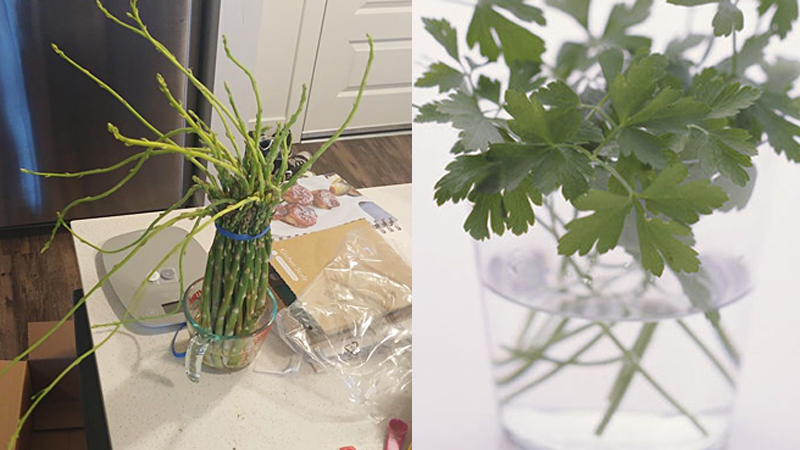
For herbs, asparagus, and lettuce, it is best not to store them in the refrigerator as they can dry out or become damp, causing damage. Instead, place them in a glass of water and store them at room temperature.
7. Other Tips for Preserving Food
- Tomatoes can be stored on a shelf or table in a dry place.
- Honey can be stored in the kitchen, ensuring the lid is tightly closed.
- Sweet cakes can be kept in a sealed box at room temperature for up to 3 days.
- Bread should be stored in a bag or sealed box at room temperature to avoid staleness and loss of moisture.





























